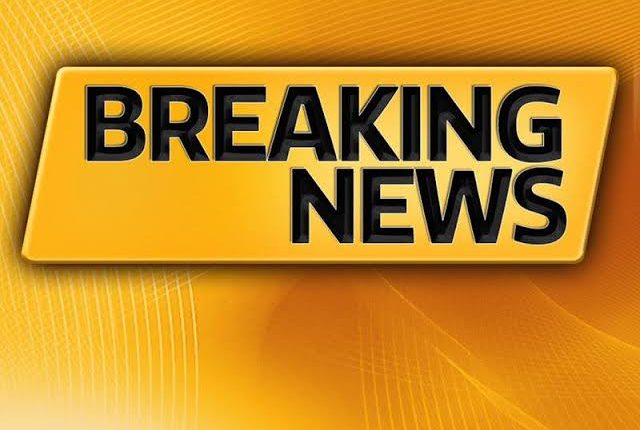Reece James Refuses Emirates Partnership After Disrespectful Incident – A Scandal That Shook the UK
Chelsea captain Reece James takes a bold stand after a shocking experience during an Emirates promotional event, sparking nationwide outrage and forcing a public apology from the airline’s chairman.
Chelsea captain Reece James takes a bold stand after a shocking experience during an Emirates promotional event, sparking nationwide outrage and forcing a public apology from the airline’s chairman.
—
In a story that has stunned both the sporting and corporate world, Chelsea captain Reece James has publicly declared that he will never collaborate with Emirates Airlines again, following what he described as a deeply disrespectful incident during a recent promotional event. The announcement, made through James’ official representatives, spread rapidly across the media and sent shockwaves through both football and business circles.
The Incident That Sparked Outrage
According to close sources, the event in question took place last week at a private Emirates media shoot involving several prominent athletes. James was reportedly invited as a special guest, expected to take part in a short commercial highlighting Emirates’ role in global sports sponsorships.
However, during the event, witnesses claim that James was subjected to “unprofessional and humiliating treatment” by certain staff members. Though the exact details remain undisclosed, insiders say the Chelsea star felt “used as a prop” rather than being treated with the respect due to a professional athlete representing both club and country.
Hours later, James made his position clear through a direct public statement:
> “I am not a tool for others’ entertainment. Emirates, I refuse! I will never fly with you again.”
His words carried a tone of frustration and conviction, leaving fans across the UK and beyond shocked by the seriousness of his experience.
Massive Public Reaction and Financial Fallout
Almost immediately after James’ statement went viral, social media erupted with strong reactions. Supporters across England expressed solidarity with the Chelsea defender, praising him for taking a firm stand against what many called “corporate disrespect.”
Within hours, hashtags calling for a boycott of Emirates began trending on multiple platforms. The impact was swift and severe — early market reports indicated that Emirates’ stock value dropped sharply in morning trading, signaling real financial damage as public pressure intensified.
Marketing experts called it one of the most powerful examples of how a single athlete’s voice can shift global perception overnight.
Emirates’ Official Response
Faced with mounting backlash, Sheikh Ahmed bin Saeed Al Maktoum, Chairman and Chief Executive of Emirates, issued an official statement the following day. In a tone both apologetic and sincere, Sheikh Ahmed expressed his deep regret over the incident and personally addressed Reece James.
> “Reece James is a respected athlete who has brought pride to millions. If any action or words during our event caused him to feel disrespected, we take full responsibility. Emirates values every individual who works with us, and we will ensure such situations never occur again.”
The message, described by analysts as unusually personal and humble for a corporation of Emirates’ scale, appeared to have a profound impact on James himself.
James’ Emotional Reaction
Later that evening, close associates revealed that Reece James was visibly moved after reading Sheikh Ahmed’s statement. While he did not retract his earlier decision to sever ties with Emirates, sources say he “appreciated the gesture of accountability” and was “deeply touched” by the chairman’s tone of respect and humility.
The footballer is reportedly open to private dialogue with Emirates executives in the coming weeks, though he maintains that his initial decision to stand against disrespect was not about contracts or publicity, but about dignity and principles.
Broader Implications
The incident has since ignited a wider debate about how global brands treat athletes, especially during commercial campaigns where they are often placed under immense pressure to conform. Public opinion remains firmly behind Reece James, with many praising his courage to speak out despite the potential repercussions from sponsors.
Sports ethicists have described the case as a “turning point” for how players interact with corporate partners, emphasizing that respect must always come before marketing.
Conclusion
What began as a promotional misunderstanding has now evolved into a national discussion on respect, integrity, and the power of athletes to demand fair treatment. Reece James’ strong words have not only shaken a global airline but also reminded the world that behind every football star stands a human being deserving of dignity.
Whether or not relations between James and Emirates will ever be restored remains uncertain, but one thing is clear — this event will be remembered as a defining moment in the relationship between sports and corporate responsibility.
